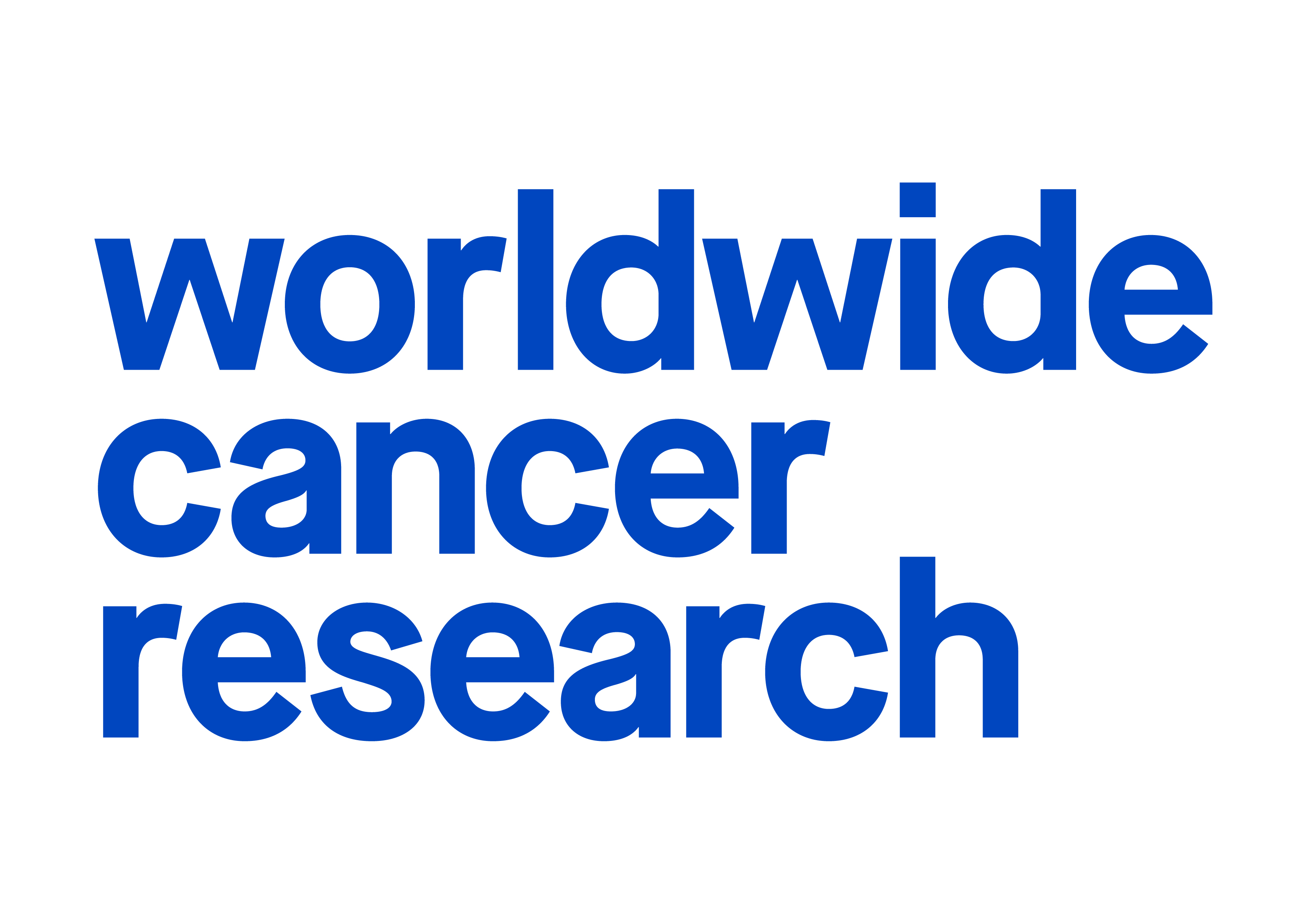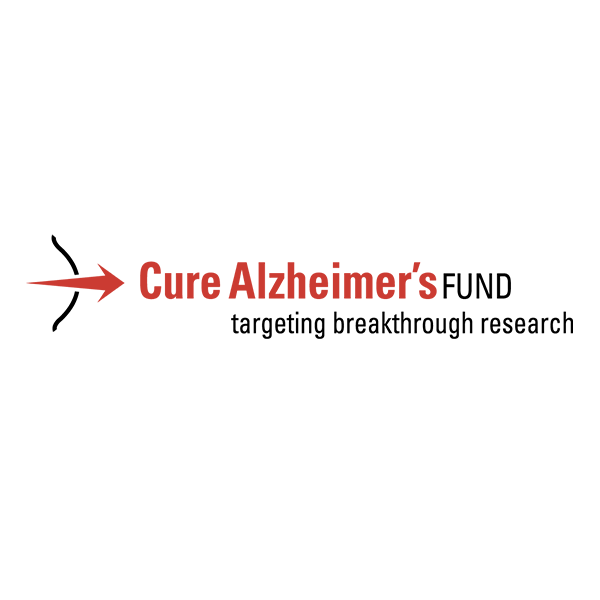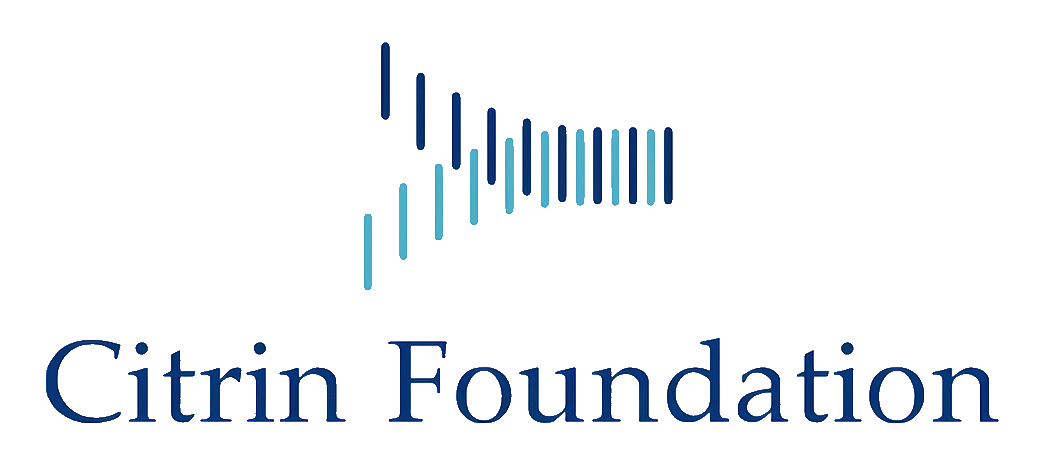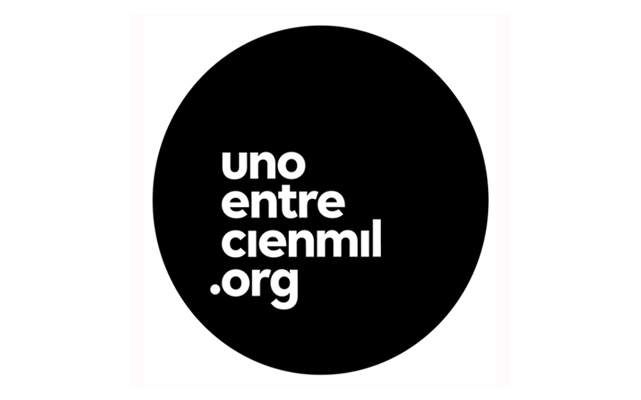Genome Instability and Cancer Predisposition
Research Summary:
Genome stability is essential for survival in every organism allowing cells to faithfully transmit genetic information from generation to generation. Preserving genome stability is also critical to prevent several human diseases including cancer.
Our lab interrogates the cellular mechanisms (DNA repair pathways) deployed to preserve genome integrity with a particular focus on the high-fidelity DNA repair mechanism homologous recombination (HR) and the breast cancer susceptibility protein BRCA2 involved in this process, as a model.
Mutations in BRCA2 predispose to breast and ovarian cancer with high penetrance and they are also linked to other types of cancer such as prostate and pancreatic cancer as well as the cancer-predisposing syndrome Fanconi anemia. Thus, with this model, we hope to shed light on the link between BRCA2 mutations, genome instability, and cancer predisposition.
General Questions:
- What are the different mechanisms that BRCA2 (and its partner proteins) use to promote HR in the context of DNA double-strand breaks (DSB) and replication stress?
- How are the chromosome integrity mechanisms of the cell coordinated through the cell cycle?
- Which mutations in BRCA2 predispose to cancer and why?
Our tools:
We use a combination of biochemistry, cell biology, “omics” techniques, and BRCA2 missense variants of unknown significance (VUS) identified in breast cancer patients as a genetic tool.
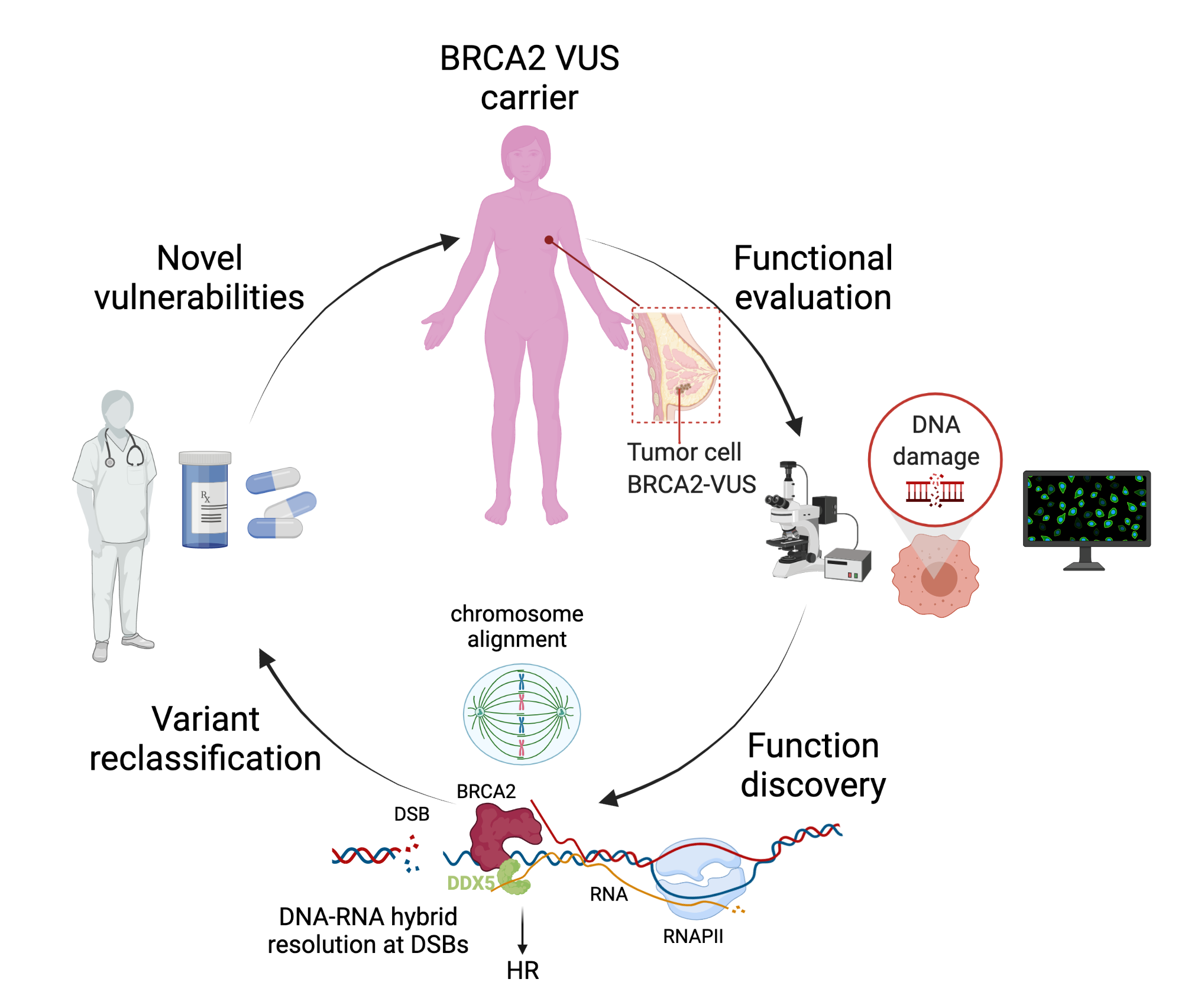
Figure 1. Schematic representation of the possible impact of the functional characterization of BRCA2 VUS detected in breast cancer patients on function discovery. In addition to the better understanding of the mechanisms of genome maintenance, these novel functions may have important clinical implications for the reclassification of VUS and therefore for the genetic counseling of cancer patients and their families. In turn, these new activities of BRCA2 or new partners may lead to the discovery of vulnerabilities that could be exploited for treatment. DSBs: DNA double-strand breaks; RNAPII, RNA polymerase II. Figure created with BioRender.com.
With these approaches, we expect to shed light on the multiple roles of BRCA2 on chromosome integrity but also help reclassify BRCA2 VUS into pathogenic or benign. Ultimately, we hope our research will open new therapeutic avenues (Figure 1).
To enquire about job opportunities in our lab look for the specific ads in Others contact directly Aura Carreira at acarreira@cbm.csic.es
https://conexion-cancer.csic.es/
Twitter: @auracarreiralab

| Last name | Name | Laboratory | Ext.* | Professional category | |
|---|---|---|---|---|---|
| Álvaro Aranda | Lucía | 206 | 4827 | lucia.alvaro(at)cbm.csic.es | Titulado Sup. Actividades Tecn. y Prof.GP1 |
| Bellido Carreras | Natividad | 206 | 4827 | nbellido(at)cbm.csic.es | M3 66,66% |
| Carreira Moreno | Aura | 206 | 4497 | acarreira(at)cbm.csic.es | E. Investigadores Científicos de Organismos Públicos |
| Chaaban | Rady | 206 | 4827 | Estudiante | |
| Escalona Noguero | Carmen | 206 | 4827 | cescalona(at)cbm.csic.es | M2 66,66% |
| Gómez Escudero | Jesús | 206 | 4827 | jesus.gomez(at)cbm.csic.es | Doctor FC3 indef. |
| Hernando Herrera | Irene | 206 | 4827 | irene.hernando(at)cbm.csic.es | M3 Predoc.formación |
| Nuño Castro | Patricia | 206 | 4827 | Estudiante | |
| Sridhara | S R Chaitanya | 206 | 4827 | srchaitanya(at)cbm.csic.es | M3 |
- Alvaro-Aranda L, Petitalot A, Djeghmoum Y, Panigada D, Singh JK, Ehlén Å, Vugic D, Martin C, Miron S, Contreras-Perez A, Nhiri N, Boucherit V, Lafitte P, Dumoulin I, Rouleau E, Jacquet E, Feliubadaló L, Del Valle J, Stoppa-Lyonnet D, Zinn-Justin S, Lázaro C, Caputo SM, Carreira A. The BRCA2 R2645G variant increases DNA binding and induces hyper-recombination. Nucleic Acids Res. 2023 Dec 24;. doi: 10.1093/nar/gkad1222.
- Mishra AP, Hartford S, Chittela RK, Sahu S, Kharat SS, Alvaro-Aranda L, Contreras-Perez A, Sullivan T, Martin BK, Albaugh M, Southon E, Burkett S, Karim B, Carreira A, Tessarollo L, Sharan SK. Characterization of BRCA2 R3052Q variant in mice supports its functional impact as a low-risk variant. Cell Death Dis. 2023 Nov 18;14(11):753. doi: 10.1038/s41419-023-06289-8.
- Minello A, Carreira A. BRCA1/2 Haploinsufficiency: Exploring the Impact of Losing one Allele. J Mol Biol. 2023 Sep 14;:168277. doi: 10.1016/j.jmb.2023.168277. Review.
- Replication gap suppression depends on the double-strand DNA binding activity of BRCA2. Nat Commun. 14(1):446.
- Sessa G, Ehlén Å, von Nicolai C, Carreira A (2021). Missense Variants of Uncertain Significance: A Powerful Genetic Tool for Function Discovery with Clinical Implications. Cancers (Basel) 13(15):3719.
- Julien M, Ghouil R, Petitalot A, Caputo SM, Carreira A, Zinn-Justin S. (2021). Intrinsic Disorder and Phosphorylation in BRCA2 Facilitate Tight Regulation of Multiple Conserved Binding Events. Biomolecules; 11(7):1060.
- Ehlén Å, Sessa G, Zinn-Justin S, Carreira A. (2021). The phospho-dependent role of BRCA2 on the maintenance of chromosome integrity. Cell Cycle; 20(8):731-741.
- Sessa G*, Gómez-González B*, Silva S, Pérez-Calero C, Beaurepere R, Barroso S, Martineau S, Martin C, Ehlén Å, Martínez JS, Lombard B, Loew D, Vagner S, Aguilera A#, Carreira A#. (* equal contribution, # corresponding author) (2021) BRCA2 promotes DNA-RNA hybrid resolution by DDX5 helicase at DNA breaks to facilitate their repair. EMBO J; 40(7):e106018.
- D Vugic, Å Ehlén, A Carreira (2021): Book: Homologous Recombination: Monitoring Homologous Recombination Activity in Human Cells Methods in Molecular Biology 2153, 115-126 Humana Press Springer ISBN 978-1-0716-0643-8
- Ehlén Å, Martin C*, Julien M*, Miron S*, Theillet FX, Ropars V, Sessa G, Beaurepere R, Boucherit V, Duchambon P, El Marjou A, Zinn-Justin S#, Carreira A#. (2020) (* equal contribution, #corresponding author) Proper chromosome alignment depends on BRCA2 phosphorylation by PLK1. Nature Commun.;11(1) 1-21
- Nicolai C, Ehlén Å, Martinez JS, Carreira A (2018): Chapter 19. Dissecting the Recombination Mediator Activity of BRCA2 Using Biochemical Methods. Methods in Enzymology v600 479-511 Academic Press Elsevier ISBN: 978-0-12-814429-9
- Shimelis H*, Mesman RLS*, von Nicolai C*, Ehlén Å*, Guidugli L, Martin C, Calléja FMGR, Meeks H, Hallberg E, Hinton J, Lilyquist J, Hu C, Aalfs CM, Aittomäki K, Andrulis I, Anton-Culver H, Arndt V, Beckmann MW, Benitez J, Bogdanova NV, Bojesen SE, Bolla MK, Borresen-Dale AL, Brauch H, Brennan P, Brenner H, Broeks A, Brouwers B, Brüning T, Burwinkel B, Chang-Claude J, Chenevix-Trench G, Cheng CY, Choi JY, Collée JM, Cox A, Cross SS, Czene K, Darabi H, Dennis J, Dörk T, Dos-Santos-Silva I, Dunning AM, Fasching PA, Figueroa J, Flyger H, García-Closas M, Giles GG, Glendon G, Guénel P, Haiman CA, Hall P, Hamann U, Hartman M, Hogervorst FB, Hollestelle A, Hopper JL, Ito H, Jakubowska A, Kang D, Kosma VM, Kristensen V, Lai KN, Lambrechts D, Marchand LL, Li J, Lindblom A, Lophatananon A, Lubinski J, Machackova E, Mannermaa A, Margolin S, Marme F, Matsuo K, Miao H, Michailidou K, Milne RL, Muir K, Neuhausen SL, Nevanlinna H, Olson JE, Olswold C, Oosterwijk JJC, Osorio A, Peterlongo P, Peto J, Pharoah PDP, Pylkäs K, Radice P, Rashid MU, Rhenius V, Rudolph A, Sangrajrang S, Sawyer EJ, Schmidt MK, Schoemaker MJ, Seynaeve C, Shah M, Shen CY, Shrubsole M, Shu XO, Slager S, Southey MC, Stram DO, Swerdlow A, Teo SH, Tomlinson I, Torres D, Truong T, van Asperen CJ, van der Kolk LE, Wang Q, Winqvist R, Wu AH, Yu JC, Zheng W, Zheng Y, Leary J, Walker L, Foretova L, Fostira F, Claes KBM, Varesco L, Moghadasi S, Easton DF, Spurdle A, Devilee P, Vrieling H, Monteiro ANA, Goldgar DE*, Carreira A*, Vreeswijk MPG*, Couch FJ*: (2017) (* equal contribution) BRCA2 hypomorphic missense variants confer moderate risks of breast cancer. Cancer Res. 77(11): 2789-2799.
- Nicolai C, Ehlén Å, Martin C, Zhang X, Carreira A. (2016). A second DNA binding site in human BRCA2 promotes homologous recombination. Nature Commun., 7(1) 1-8.
- Martinez JS*, von Nicolai C*, Kim T, Ehlén Å, Mazin AV, Kowalczykowski SC#, and Carreira A# (* equal contribution, #corresponding author) (2016) BRCA2 regulates DMC1-mediated recombination through the BRC repeats. Proc. Natl. Acad. Sci. USA; 113(13):3515-20.
- Martinez JS, Baldeyron C, Carreira A. (2015). Molding BRCA2 through its interacting partners. Cell Cycle;14(21):3389-95
- Guidugli L*, Carreira A*, Caputo SM*, Ehlén Å, Galli A, Monteiro AN, Neuhausen SL, Hansen TV, Couch FJ, Vreeswijk MP; ENIGMA consortium. (2014) (*equal contribution) Functional assays for analysis of variants of uncertain significance in BRCA2. Hum Mutat. 35(2):151-64.
- Carreira, A., and Kowalczykowski, S. C. (2011) Two classes of BRC repeats in BRCA2 promote RAD51 nucleoprotein filament function by distinct mechanisms. Proc. Natl. Acad. Sci. USA. 108(26):10448-53.
- Jensen, R., Carreira A., and Kowalczykowski S. C. (2010). Purified human BRCA2 stimulates RAD51 mediated recombination. Nature. 467(7316): 678-83.
- Carreira A, Hilario J, Amitani I, Baskin RJ, Shivji MK, Venkitaraman AR, Kowalczykowski SC. (2009) The BRC repeats of BRCA2 modulate the DNA-binding selectivity of RAD51. Cell 136(6):1032-43.
- Carreira A, Kowalczykowski SC. (2009) BRCA2: Shining light on the regulation of DNA-binding selectivity by RAD51. Cell Cycle. 8(21):3445-7.
- Anna Minello: Shedding light on the mechanisms of tumor formation linked to BRCA2 using two known pathogenic variants (2023) PhD with honors. Paris-Saclay University, France
- Isaac Dumoulin: Functional interaction between BRCA2 and a novel partner in the maintenance of genome integrity (2022) PhD with honors. Paris-Saclay University, France
- Domagoj Vugic: Interplay between the two DNA binding domains of BRCA2 (2021) PhD with honors. Paris-Saclay University, France
- Gaetana Sessa: Role of the interaction of BRCA2 and DDX5 in the DNA damage response (2020). PhD with honors. Paris-Saclay University, France
- Catharina von Nicolai: Characterization of a novel DNA binding domain in the N-terminus of BRCA2 (2016). PhD with honors. Paris-Saclay University, France

